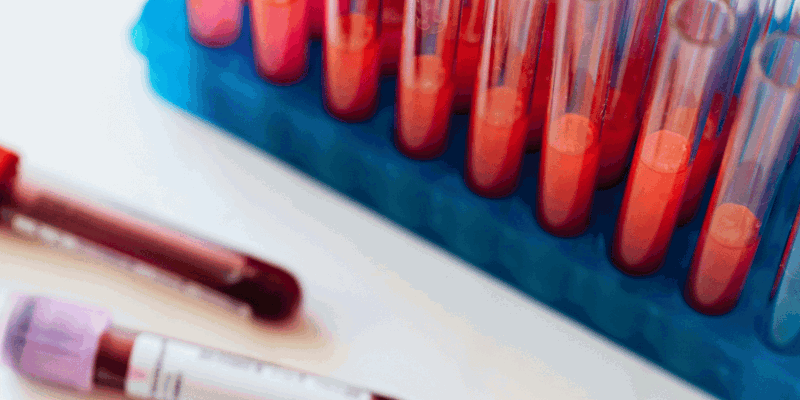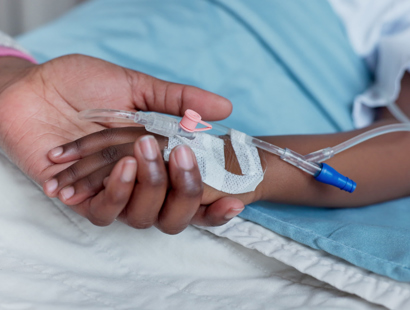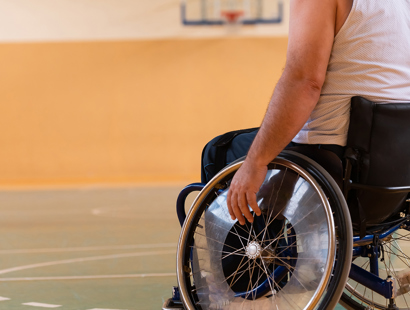
‘The biggest treatment disaster in the history of the NHS'? What happened and where are we now?
After years of battling, the victims of infected blood have finally obtained justice as a result of the findings of the Infected Blood Inquiry report which has subsequently led to the Government setting up the Infected Blood Compensation authority (IBCA).
Tens of thousands of people in the UK who were infected with HIV and hepatitis through contaminated blood and blood products prior to September 1991 in the 1970s and early 1990s will now receive significant and substantial compensation under scheme.
In this three-part insight series, our clinical negligence team will take a close look at the background to the scandal, as well as who it has affected, and what compensation victims might be able to claim.
How did the infected blood scandal happen?
In the 1970s, the UK imported blood supplies from the US, much of which was bought from high-risk donors such as prison inmates and drug-users.
Factor VIII, an essential blood clotting protein, was made by pooling plasma from tens of thousands of donors. That meant that if just one was carrying a virus, the entire batch could be contaminated—therefore affecting thousands.
UK blood donations were not routinely screened for hepatitis C until 1991, a full year and a half after the virus was first identified.
Two main groups were affected: haemophiliacs and others with similar blood clotting disorders, and those given contaminated blood transfusions after childbirth, surgery or other medical treatments between 1970 and 1991. We will go into more detail on the groups affected in the second instalment in our series.
Were victims able to claim compensation from the National Blood Authority (NBA) or the Hepatitis C Trust through the courts?
Up until the findings of the Inquiry report were published, the only way a victim could try and obtain compensation was through the civil courts. However, the reality was that they had little or no prospect of success against either the NBA or the Trust for negligence because of the weight given by the court to the arguments made by the NBA in the case of A and Others -v- National Blood Authority and Another, in which they argued that even though blood supplies may have been tainted, there was no mechanism for screening blood for the disease and therefore harm was unavoidable.
This was a landmark case with the High Court concluding that the tainted blood was “defective” and thus a breach of the Consumer Protection Act 1987 - however the majority of victims claim were not eligible to damages under the act because they were outside the legal time limits.
All that was available to the victims was access to discretionary payments under schemes such as the Skipton fund which was a government ex Gratia payment scheme, and were not considered as compensation payments.
What’s changed in recent months?
Earlier this autumn, the government has confirmed it has set aside £11.8bn to compensate victims of the infected blood scandal following an inquiry concluded in May 2024.
The findings were damning, pointing to repeated failures despite knowledge of the risks. Among other conclusions the inquiry identified that, during certain periods, blood donations were accepted from high-risk groups, and imported without adequate safeguards. Blood products were not heat-treated to eliminate HIV, and there was inadequate testing to reduce the risk of hepatitis.
Now, the Infected Blood Compensation authority (IBCA) has been set up with the power to pay patients—but there’s still a way to go. To understand how our market-leading clinical negligence team can help you or a family member navigate a claim, you can contact us via the details below.
Janice Gardner is a partner in the medical negligence team. She has over 30 years' experience specialising in infection, spinal injuries and brain injuries, and has successfully won many cases at trial.
Get in touch
If you would like to speak with a member of the team you can contact our medical negligence solicitors by email, by telephone on +44 (0)20 3826 7517 or complete our enquiry form below.



